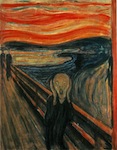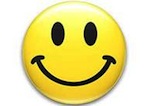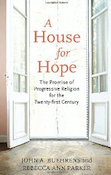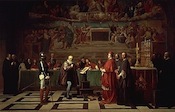Which lies are better: religious or political?

In this space, we often make a big deal about replacing religion-fueled politics with secular-based politics. We want the clerics and preachers to quit telling people how to vote from their pulpits and go back to science-based reasoning for our governance. We somehow feel that this is a big part of the answer for what is wrong with the world. And we may be right. But did you see the recent Obama-Romney debate? Did you get the feeling, later verified … Read on…









